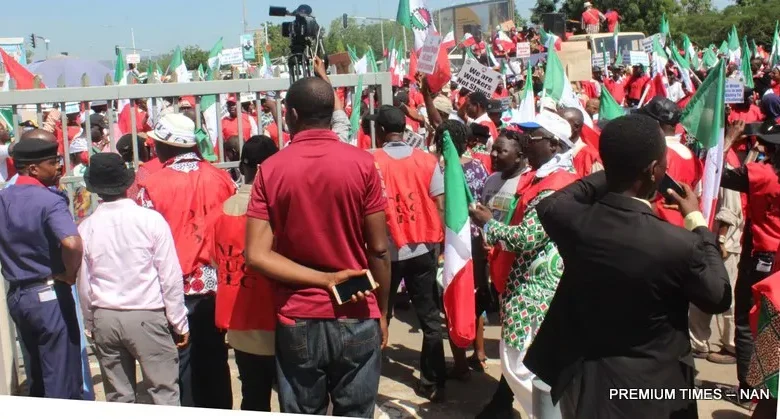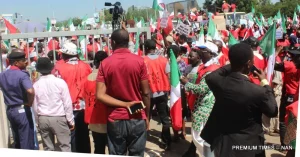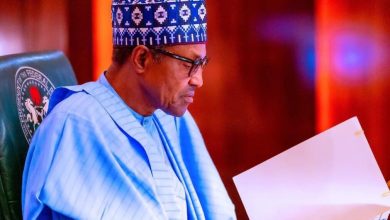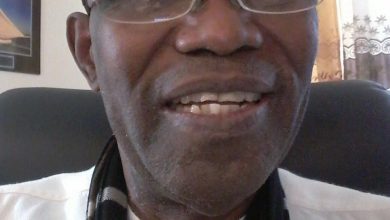
Nigerian workers to embark on indefinite strike on Monday
The Nigeria Labour Congress (NLC) and Trade Union Congress (TUC), two major workers’ unions in Nigeria have declared a total indefinite strike effective from Monday across the country, a strike which is aimed to force the government to agree on a new minimum wage for workers as well as review the increase in the price of electricity for some consumers.
Penpushing reports that the unions made the declaration at a press conference in Abuja, Federal Capital Territory (FCT), where Festus Osifo, President of the Trade Union Congress (TUC) on Friday explained that the two unions had issue a notice of commencement of an indefinite nationwide strike

“We reiterate that since the National Minimum Wage negotiation exercise has not been concluded and the agreed wage passed into law; the hike in electricity tariff has not been reversed and the categorization of consumers into Bands has not stopped as demanded; Nigerian workers are compelled by these failures to embark on an indefinite nationwide industrial action beginning on Monday, the 3rd of June, 2024 to press home our demands’, he said
“In light of this persistent inaction, we, the Nigeria Labour Congress (NLC) and the Trade Union Congress (TUC), hereby issue a notice of commencement of an indefinite nationwide strike to the Federal Government’, Osifo declared

Penpushing further reports that the strike will equally be partake by many other workers’ unions which include Doctors, University lecturers, Airport workers and Electricity workers who are part of or affiliates of the Nigeria Labour Congress (NLC) or Trade Union Congress (TUC).
The two major workers union it is recalled have been in negotiation with the Nigerian government over a new minimum wage since the government policies announced last year by President Bola Tinubu led to an astronomical increase in the cost of goods and services.
Penpushing also reports that the negotiations have, however, stalled as the parties failed to agree on an appropriate minimum wage from the current N30,000 minimum wage, as record has it that the President in May 2023, announced the removal of subsidy on petrol.

The development caused hardship for many Nigerians because of the attendant increase in the prices of goods and services, and in addition to removing the fuel subsidy, the Central Bank of Nigeria (CBN) also unified all segments of the foreign exchange (FX) market to enhance market transparency and boost investor confidence.
Penpushing reports that despite the Nigerian government’s introduction of various palliatives to cushion the effects of the fuel subsidy removal and similar economic shocks, many Nigerians continue to suffer from the rising costs of petrol, food, and other essential commodities.
FOOTNOTE: You want to share story with us? You want to advertise with us? You need publicity for product, or service, or event? Contact us on WhatsApp +2348073463653 or email [email protected]







